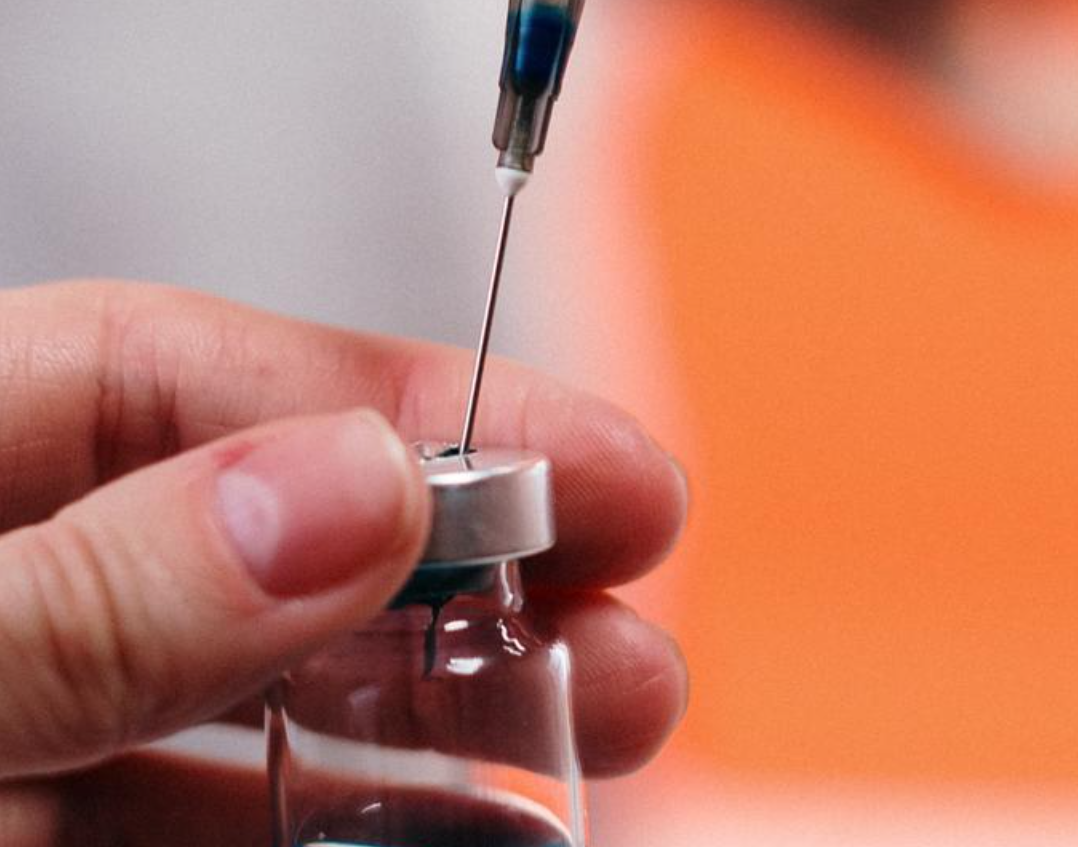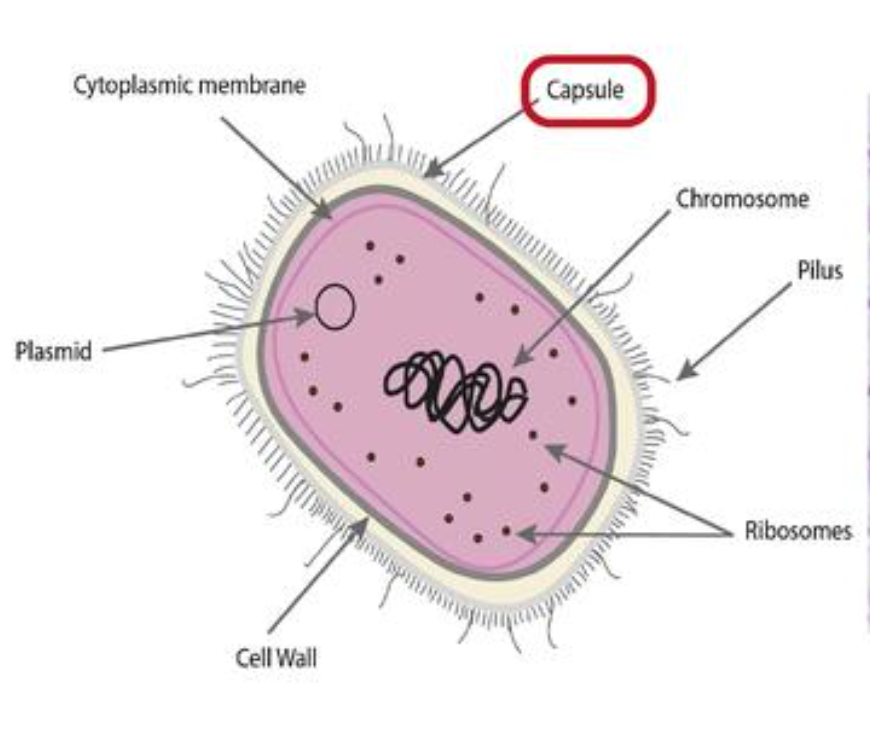Vaccination
Vaccination is the most effective way to prevent infectious diseases. Several safe and effective vaccines are available that can prevent meningitis caused by Neisseria meningitidis, Streptococcus pneumoniae and Haemophilus influenzae infections. The introduction of these vaccines have dramatically changed the epidemiology of bacterial meningitis thereby contributing towards the reduction in the global burden of disease and in improving the quality of life for most at-risk populations.
How meningitis vaccines work
Vaccines administered into the body elicit an immune response that provides protection from disease. Vaccines may contain whole bacteria or virus, attenuated or killed to make them safe, or components such as proteins, toxins or polysaccharides purified from the microorganism. The gene encoding a protein component can also be used as a so-called nucleic acid vaccine.

The Capsule
Bacteria that cause meningitis, like Haemophilus influenzae, Streptococcus agalactiae, Streptococcus pneumoniae and Neisseria meningitidis, usually produce a capsule, a protective layer that shields the bacterium from the host immune response. Capsules are usually polymers of simple sugars known as polysaccharides and are an important bacterial component affecting disease severity, virulence and mortality rates.

The human immune response consists of antibodies and specialised cells that protect the body from pathogenic microorganisms. The presence of the capsule can protect bacteria from destruction by antibodies and white blood cells (a process known as phagocytosis). The central role of capsular polysaccharide in enabling the bacterium to cause invasive diseases such as septicaemia and meningitis makes it an important component in the formulation of vaccines.







